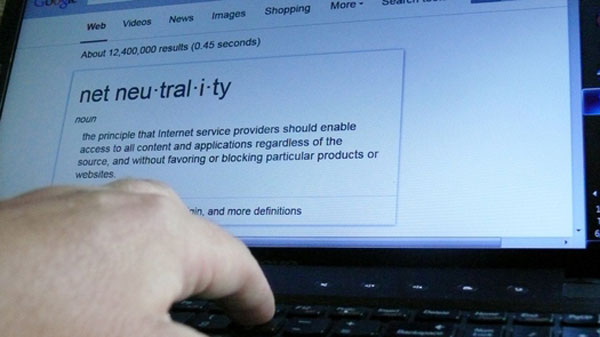- South Texas Students Meet Accordion Music Icons Los Tigres Del Norte In Edinburg Thanks To Khs America/Hohner Alianza Académica Initiative
- Fragile Planet Offers a Nighttime Wildlife Experience
- Falcons Soccer Off & Running
- Cameron County Receives Funds to Improve Two Parks
- Falcons Complete First Half of 32-6A
- School District to Help out Victims of California Wildfires
- Sand Castle Days Continued Despite Unexpected Weather
- Ready for District
- Discussion of Garbage Dumpster Rates, Agreements Between State & City on Highway Regulations, and More
- 31st Annual Shrimp Cook-Off is Right Around the Corner
Federal Court Backs FCC’s Treatment of Internet as Utility
- Updated: June 24, 2016
by Greg Stotelmyer
WHITESBURG, KY – A federal court has upheld the Federal Communication Commission’s decision to treat the Internet like a utility – a victory for consumers say advocates of net neutrality.
The 2-to-1 ruling came Tuesday from the U.S. Court of Appeals for Washington, D.C.
Marty Newell, a member of the Rural Broadband Policy Group, says the court ruling is “part of the march” to treating broadband the same way we treat telephone service.
“It’s not optional,” he stresses. “It’s not a luxury. There was a time when Internet access might have been considered a luxury, but it’s not now. That time has passed.
“It’s a necessity in the same way that we looked at the telephone once upon a time.”
The cable and telecom industries and their allies argue that the FCC’s rule is overreaching and would stifle investment and customer choice.
But Newell and other advocates say web users need more protections from providers.
Newell says the ruling is especially important in rural areas of the country that are underserved by broadband.
Take Kentucky for example, where Newell says around one out of every four households does not have access to broadband services.
“We don’t have as much choice,” he points out. “The competition is not nearly as great.
“It is critical that this communications tool that it is absolutely essential to do business in the 21st century, that it be an open system.”
The Rural Broadband Policy Group says of the 19 million Americans who don’t have broadband, more than 14 million live in rural parts of the country.
Noting a lot of money is at stake, Newell says he knows the legal challenges will continue, something the industry giants have promised.

